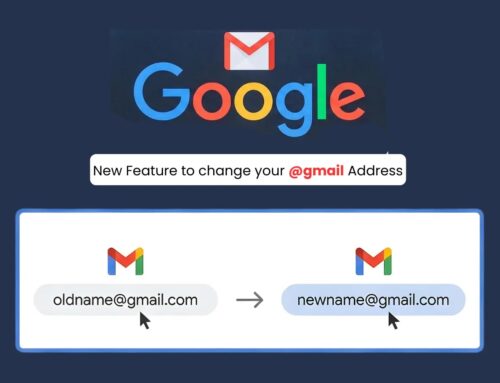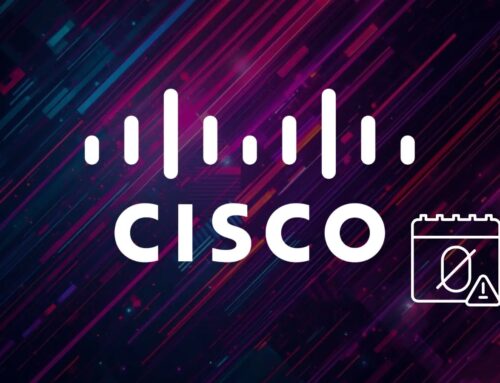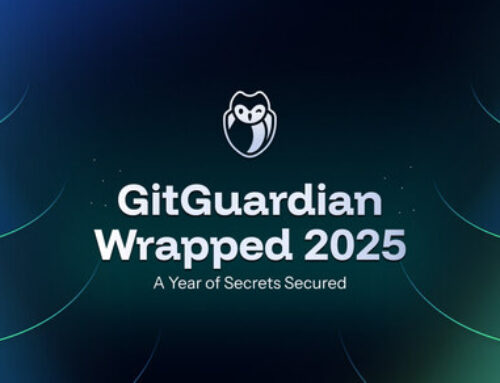
Burger King Uses DMCA Complaint to Take Down Blog Post Detailing Security Flaws on Drive-Thru Systems
When Disclosure Becomes a Battle: Burger King’s DMCA Takedown and the Cybersecurity Ethics Debate
The landscape of cybersecurity disclosure is often fraught with tension, balancing the public’s right to know about vulnerabilities with a company’s desire to control its narrative and manage reputation. A recent incident involving Burger King and a security researcher has thrown this delicate balance into sharp relief, ignating a debate about the appropriate use of legal mechanisms like the Digital Millennium Copyright Act (DMCA) to suppress legitimate security findings. This case highlights the complexities faced by both researchers and organizations in the ongoing struggle for digital security.
The Core Incident: Burger King’s DMCA Complaint
The controversy centers on Burger King’s decision to invoke the U.S. Digital Millennium Copyright Act (DMCA) to compel the removal of a blog post authored by a security researcher. This post reportedly detailed critical vulnerabilities discovered within Burger King’s drive-thru “Assistant” system. While the specific nature of these vulnerabilities is not publicly detailed due to the takedown, the act of using copyright law to address a security disclosure has raised significant concerns within the cybersecurity community.
A DMCA takedown notice typically asserts that published content infringes on a copyright holder’s rights. However, its application in this context – to remove technical details about security flaws – is seen by many as a misuse of the law, diverting its intent from protecting intellectual property to suppressing information deemed detrimental to a company’s image or business interests. This action by Burger King has been perceived by many as an attempt to stifle public awareness of potential security risks rather than engaging constructively with the research.
Ethical Disclosure vs. Corporate Control
The incident at Burger King underscores a recurring conflict between ethical hacking principles and corporate responses to vulnerability disclosures. Security researchers often operate under a “responsible disclosure” model, aiming to inform vendors of vulnerabilities privately before public disclosure, allowing time for patches and remediation. When this process breaks down, or when companies attempt to silence researchers, it can lead to accusations of “security through obscurity” – a dangerous and generally ineffective approach to security.
Using legal avenues like the DMCA to silence researchers can have several detrimental effects:
- Chilling Effect: It discourages other researchers from identifying and reporting vulnerabilities for fear of legal repercussions.
- Public Safety Risks: If vulnerabilities remain unaddressed and undisclosed, systems could be exploited by malicious actors, putting customer data, operational integrity, and public safety at risk.
- Erosion of Trust: It damages the relationship between the cybersecurity community and corporations, which ideally should be collaborative in the pursuit of enhanced security.
The Impact on Cybersecurity Community and Consumer Trust
The cybersecurity community largely views such DMCA takedowns as counterproductive. Transparency and collaboration are often lauded as foundational principles for advancing collective security. When a company chooses legal suppression over candid engagement, it signals a potentially unhealthy approach to security, which can erode consumer trust. Customers increasingly expect companies to be proactive and transparent about security issues, and attempts to hide vulnerabilities can backfire, leading to greater reputational damage in the long run.
Furthermore, such actions can be seen as undermining the very purpose of security research: to make digital environments safer. Researchers, often working pro bono or for minimal recognition, dedicate significant effort to uncover flaws that companies might otherwise miss. Their work, when handled ethically, is a critical component of a robust security posture.
Lessons Learned for Organizations and Researchers
For organizations, this incident serves as a stark reminder of the importance of establishing clear, accessible, and positive vulnerability disclosure policies. Engaging with researchers constructively, offering bug bounty programs, and adopting a “fix first, talk later” approach can turn potential crises into opportunities for improvement. Suppressing legitimate security findings rarely resolves the underlying issue and often generates negative publicity.
For security researchers, the Burger King case reinforces the need for meticulous documentation of discovery and disclosure attempts. While the DMCA is a powerful legal tool, its appropriate application in security disclosures is contentious. Researchers must continue advocating for their right to disclose vulnerabilities responsibly, pushing for legal frameworks that recognize the public benefit of their work.
Conclusion: The Ongoing Battle for Responsible Disclosure
The Burger King DMCA controversy is more than just an isolated incident; it’s a microcosm of the ongoing tension between corporate control and the imperative of responsible cybersecurity disclosure. While companies have a vested interest in protecting their intellectual property and reputation, using copyright law to silence legitimate security findings sets a dangerous precedent. The cybersecurity community and consumers alike benefit most when organizations embrace transparency, collaborate with researchers, and prioritize fixing vulnerabilities over attempting to obscure their existence. This incident should serve as a catalyst for renewed discussions on fostering environments where security flaws can be openly and constructively addressed, ultimately leading to safer digital systems for everyone.





